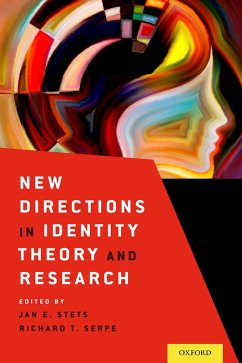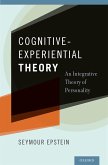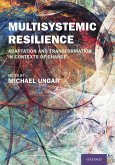Over the past four decades - and most especially in recent years as issues of identity continue to play out across the public stage - identity theory has developed into one of the most fascinating and active research programs within the spheres of sociological social psychology. Having emerged out of a landmark 2014 national conference that sought to integrate various research programs and to honor the groundbreaking work of Dr. Peter J. Burke,
New Directions in Identity Theory and Research brings together the pioneers, scholars, and researchers of identity theory as they present the important theoretical, methodological, and substantive work in identity theory today. Edited by Dr. Jan E. Stets and Dr. Richard T. Serpe, this volume asserts that researchers and scholars can no longer rely on using samples, measures, concepts, and mechanisms that limit the overall advancement of identity theory and research. Instead, as Stets and Serpe contend in their introductory chapter, "Researchers constantly must try out new ideas, test the ideas with more refined measures, use samples that are representative yet racially and ethnically diverse, and employ methods (perhaps mixed methods) that capture the different dimensions of the identity process." This book is the truest testament to this idea. In
New Directions in Identity Theory and Research, Stets, Serpe, and contributing authors urge readers to think outside the box by providing the road map necessary to guide future work and thought in this emerging field.
Dieser Download kann aus rechtlichen Gründen nur mit Rechnungsadresse in A, B, BG, CY, CZ, D, DK, EW, E, FIN, F, GR, HR, H, IRL, I, LT, L, LR, M, NL, PL, P, R, S, SLO, SK ausgeliefert werden.









